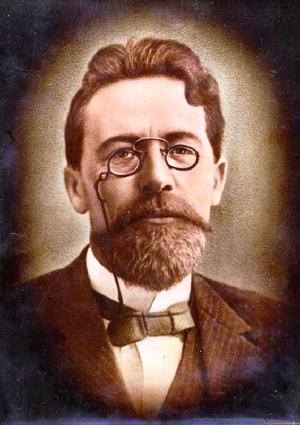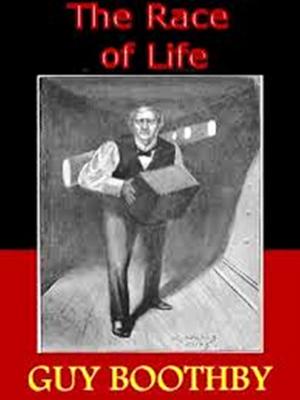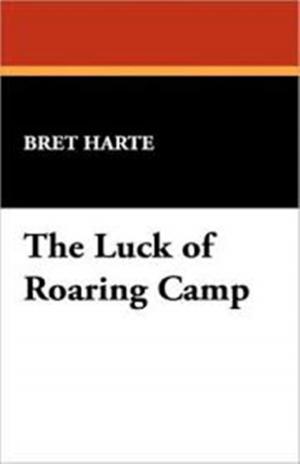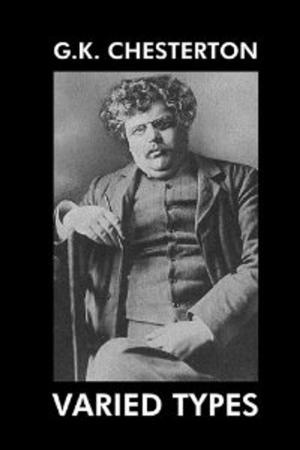| Author: | Steen Steensen Blicher | ISBN: | 1230000141470 |
| Publisher: | WDS Publishing | Publication: | June 13, 2013 |
| Imprint: | Language: | English |
| Author: | Steen Steensen Blicher |
| ISBN: | 1230000141470 |
| Publisher: | WDS Publishing |
| Publication: | June 13, 2013 |
| Imprint: | |
| Language: | English |
In an autobiographical sketch, written in his fifty-seventh year, Steen
Blicher ends his record of a life spent in tireless activity and almost
constant misfortune, with the following words:
"Finally, he has made numerous contributions to the public journals--at
first sometimes anonymously--through which he has mainly tried to call
attention to imperfections and abuses, to arouse the spirit of his
people to a more vigorous life, and to further patriotism at the expense
of selfishness. He has had--and still has--to fight misfortunes and
heavy sorrows. Several times he has been in peril of his life from
accidents when driving, from runaway horses, from illness. . . . But
during all his tribulations he has held firmly to his chosen motto:
'Lord, when Thy hand is heavy upon me, Thou makest me strong.'"
No doubt Blicher was in perfectly good faith when he wrote these words,
convinced that he had stated two vitally important facts about himself.
His conscience assured him that, in spite of the scant and tardy
recognition he had met as an author and a poet--and he cannot have been
unaware of the fact that in his vast literary output were some short
stories and poems of rare originality and exquisite beauty--he had never
flagged in his unselfish devotion to his people and in his efforts to
serve the material and spiritual needs of his native land. And even if
it seemed to him as though an unkind fate had persecuted him ever since
he became a man, the poverty-stricken village pastor remained steadfast
in his trust in God. He had grown up among a people whose lives were
bare, harsh, and difficult, and he had accepted the fact that God does
not coddle His children. He treats them as grown-up sons and daughters,
who must be able to face misery and carry the responsibility for what
they bring upon themselves and their fellow men. After all, this life is
short, uncertain--like a mirage; for hope of adjustment and consolation
a man must look beyond the sunken graves where withering grass and dead
flowers rustle in the wind from the moors. In spite of his shortcomings
as a pastor, dire as they were, Blicher was'in his own way a deeply
pious man. And in his own strange way he was also a man of rare
fortitude.
In an autobiographical sketch, written in his fifty-seventh year, Steen
Blicher ends his record of a life spent in tireless activity and almost
constant misfortune, with the following words:
"Finally, he has made numerous contributions to the public journals--at
first sometimes anonymously--through which he has mainly tried to call
attention to imperfections and abuses, to arouse the spirit of his
people to a more vigorous life, and to further patriotism at the expense
of selfishness. He has had--and still has--to fight misfortunes and
heavy sorrows. Several times he has been in peril of his life from
accidents when driving, from runaway horses, from illness. . . . But
during all his tribulations he has held firmly to his chosen motto:
'Lord, when Thy hand is heavy upon me, Thou makest me strong.'"
No doubt Blicher was in perfectly good faith when he wrote these words,
convinced that he had stated two vitally important facts about himself.
His conscience assured him that, in spite of the scant and tardy
recognition he had met as an author and a poet--and he cannot have been
unaware of the fact that in his vast literary output were some short
stories and poems of rare originality and exquisite beauty--he had never
flagged in his unselfish devotion to his people and in his efforts to
serve the material and spiritual needs of his native land. And even if
it seemed to him as though an unkind fate had persecuted him ever since
he became a man, the poverty-stricken village pastor remained steadfast
in his trust in God. He had grown up among a people whose lives were
bare, harsh, and difficult, and he had accepted the fact that God does
not coddle His children. He treats them as grown-up sons and daughters,
who must be able to face misery and carry the responsibility for what
they bring upon themselves and their fellow men. After all, this life is
short, uncertain--like a mirage; for hope of adjustment and consolation
a man must look beyond the sunken graves where withering grass and dead
flowers rustle in the wind from the moors. In spite of his shortcomings
as a pastor, dire as they were, Blicher was'in his own way a deeply
pious man. And in his own strange way he was also a man of rare
fortitude.















